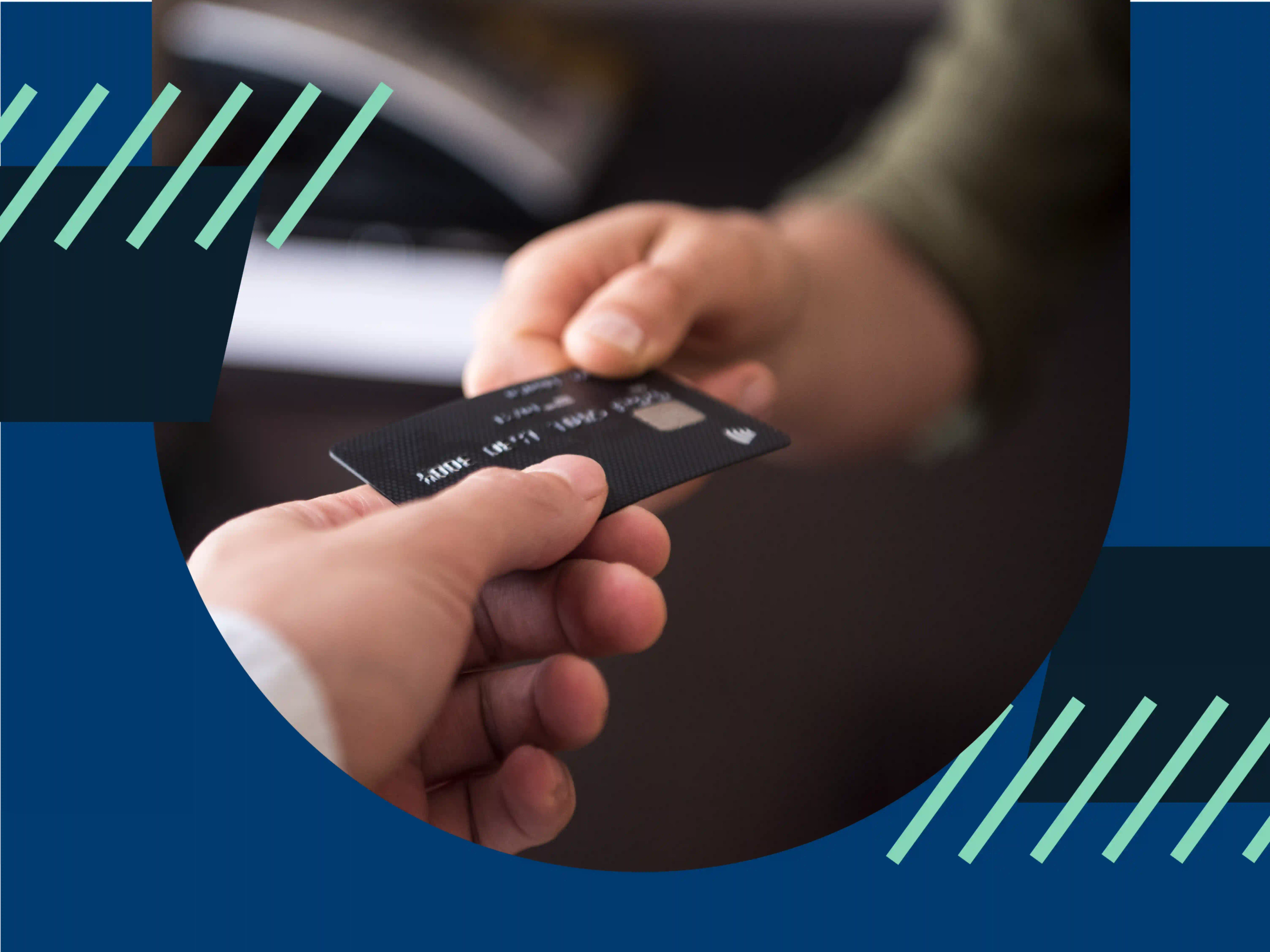As more of the economy moves online, law firms must adapt in order to serve clients’ evolving payment preferences. A crucial part of this adaptation is being able to accept electronic payments. According to the LawPay and MyCase 2024 Legal Industry Report, which surveyed over 2,600 legal professionals, 78% of law firms are accepting online payments via credit/debit cards. This number is expected to grow.
But why are e-payments beneficial for clients and law firms? In this article, we’ll highlight the most common types of electronic payments, their advantages, and how your firm can remain in compliance with online payment charges.
Types of Electronics Payments Attorneys Are Using to Grow Their Firm
As the popularity of electronic payments has grown, so too has the number of methods for how lawyers get paid.
Two of the most popular types of electronic payment, debit cards and credit cards, will already be familiar to you.
Another option is virtual cards, which are electronic tokens that are only valid for a single use and a predetermined amount. Virtual cards are typically emailed to a vendor and treated like credit cards.
It’s also worth being familiar with ‘Automated Clearing House,’ or ACH payments. Most ‘direct’ forms of paying online, i.e. through direct deposit or electronic checks, are ACH payments.
Advantages of Electronic Payments for Law Firms
The COVID-19 pandemic isn’t the only reason electronic payments have become so common—they also offer substantial benefits. Below, we’ll outline some of the many advantages that e-payments offer a legal practice such as yours.
1. Provide a Positive Client Experience
Perhaps the most salient advantage comes from the fact that your clients will want to use e-payment solutions. This isn’t speculation, it’s backed up by hard evidence.
According to a 2021 study covered by Insider Intelligence, 75% of respondents indicated that they planned to transfer one or more bills to electronic payments. This was true across all generations surveyed, but millennials were the strongest enthusiasts for the digital approach, with 87% wanting to make the switch to paperless.
This is confirmed by data from fiserv, whose survey found that credit and debit cards rank the highest on consumers “nice to have” and “must have” lists for bill pay options. Among younger consumers, 95% prefer to use debit cards, 83% consider payment apps desirable, and 82% want mobile wallets.
These numbers clearly illustrate the trend toward making greater use of e-payment solutions, as well as the crucial role this option plays in keeping clients happy.
2. Attract Prospective Clients
Electronic payments will not only help you serve existing clients, but also help you attract new clients. These days, everyone goes into a transaction assuming the business they’re dealing with can support electronic payments. That’s likely to include anyone considering hiring you for legal services.
According to Payments Journal, 60% of consumers are using some form of digital payment, 44% have set up automated payments with their checking account, and 39% pay over a mobile app or website. These figures speak to a strong preference for handling transactions electronically, and there’s no reason to believe this trend will abate in the years ahead.
With the move towards a cashless society, electronic payments are becoming the preferred method of payment for law firm clients.
Not having e-payment options, therefore, could mean damaging your firm’s reputation. Clients and prospects may see a failure to keep up with widely available electronic payment solutions as an indication that your firm may not be up to date with the latest legal tools and developments in the law, for example.
3. Issue Immediate Payment Confirmations
With electronic payments, there’s no need for paper invoices or checks to work their way through the mail. You can issue immediate payment confirmations, meaning both you and your clients know instantly whether a transaction is successful.
4. Get Paid More and Faster
So far we’ve talked a lot about customer satisfaction, but electronic payments are beneficial from a business standpoint as well. Utilizing e-payment solutions helps attorneys save time and effort when running a law firm.
Based on the LawPay and MyCase 2024 Legal Industry report, current customers accepting electronic payments through LawPay collected 33% more from clients.
First, electronic payments translate into faster payments. Based on the LawPay and MyCase 2024 Legal Industry report, current customers accepting electronic payments through LawPay collected 33% more from clients, and legal bills were paid nearly four times faster compared to those paying by cash or check. You can even get paid in as little as one business day with solutions such as LawPay’s Next Day Payments.
Electronic payment solutions also make it possible for lawyers to easily see whether a client has paid their bill, and to send automated or manual reminders. Finally, e-payments eliminate the risk of invoices or checks getting lost in the mail. This all means you’ll leave much less money on the table.
5. Optimize Law Firm Workflows
Because online payment solutions allow for automated invoicing or recurring payments, electronic payments prove incredibly useful when you have client work on retainer or over repeated transactions.
Many electronic payment solutions on the market also offer integrations with other software solutions that lawyers may use for their practice, such as case or practice management software, timekeeping software, and accounting/bookkeeping software. This prevents law firm managers from having to jump between multiple tools or reconcile data from different programs.
6. Enable Data-Driven Decisions
Electronic payment solutions make it easier for firm partners and managers to track and review the firm’s financial performance.
In particular, these solutions can enable lawyers to see what type of work drives the most revenue or identify the firm’s most lucrative clients.
As a result, firms can diversify their work to ensure they have a more balanced caseload. If necessary, they can protect themselves against relying on one client for a significant portion of the firm’s income. Attorneys can also use this data to target profitable, satisfied clients for referrals or additional services.
7. Increase Data Security
Imagine you didn’t have to worry so much about the security of client financial information. With electronic payment solutions, that dream can be a reality.
Having an online solution means that your firm doesn’t have to store bank account details or credit card numbers on your own servers. As long as you select an established payment processor with high-grade security, your firm shouldn’t have to worry about the safety of your clients’ financial information.
How Your Firm Can Ensure Electronic Payment Compliance
1. Comply with Interest on Lawyers’ Trust Accounts (IOLTA) Guidelines
In light of ethical obligations, many lawyers still express concerns about accepting electronic payments. In particular, attorneys have struggled with using electronic payment solutions while complying with IOLTA guidelines.
Fortunately, in recent years legal-focused e-payment solutions have come onto the market. For example, LawPay enables lawyers to manage electronic payments by separating payments into earned and unearned funds—and directing both into their proper accounts. In addition, lawyers can deduct processing fees from operating funds rather than from funds that may still legally belong to the client or a third party.
2. Properly Manage Payment Processing Fees
Firms are quickly recognizing that credit card or electronic payment processing fees represent just another cost of doing business and should be incorporated into the firm’s overhead. Plus, most attorneys are willing to pay a small processing fee if it means they get paid more and faster—and can improve cash flow. If processing fees are of concern, your firm may be able to surcharge credit card payments to compensate for some of the payment processing fees. Check with your local bar association surcharging rules and restrictions.
Scale Your Firm Today With LawPay Online Payments
As the business world becomes more digital, electronic payments are necessary in order to remain competitive and meet client business expectations.
With LawPay, you’ll have access to the best, user-friendly billing and payment features that can make your business more profitable and productive—while delighting clients.
Payment features include:
Next Day Payments: As one of the only legal payment processors to offer this benefit, you’ll have access to your money faster than the standard—just one business day after the payment was initially received
Online Payment Options: Provide debit, credit, and eCheck options for faster payments, as well as payment scheduling for convenience
Pay Later: Increase your revenue with legal fee financing loans—ensuring 100% payment upfront, while clients pay in installments over time
Card Vault: Easily charge and collect payments using your client’s preferred payment method—stored in a secure, industry-compliant system
When you’re ready to see how LawPay can benefit your firm firsthand, schedule a LawPay demo.
If you’re curious about how you can effectively implement e-payment options in your firm, read our law firm profitability playbook. Inside you’ll discover practical tips on the latest payment trends, ways to provide the best payment experience, strategies for improving cash flow, and more.
About the author

Trent Fowler
